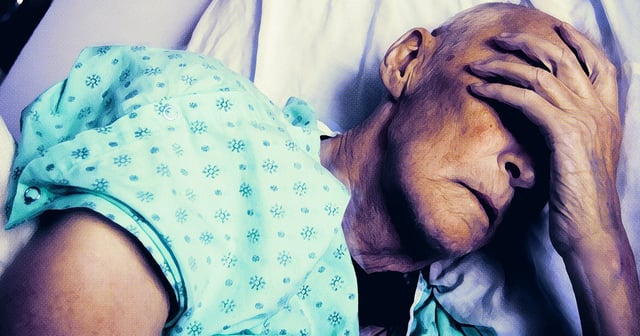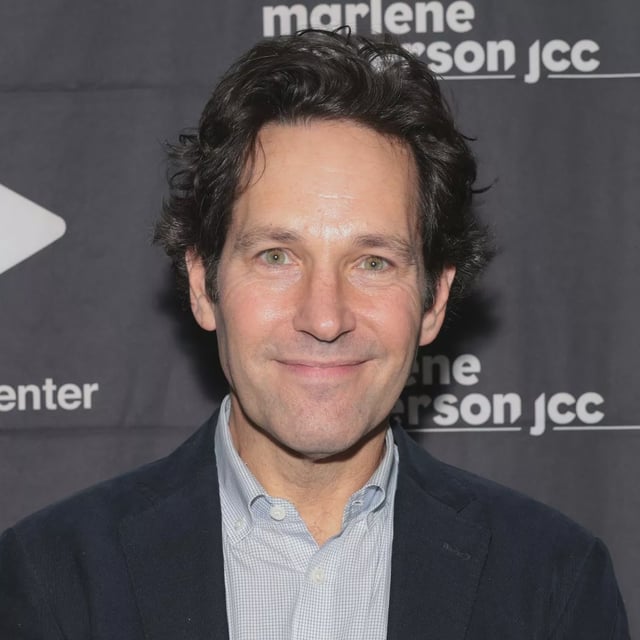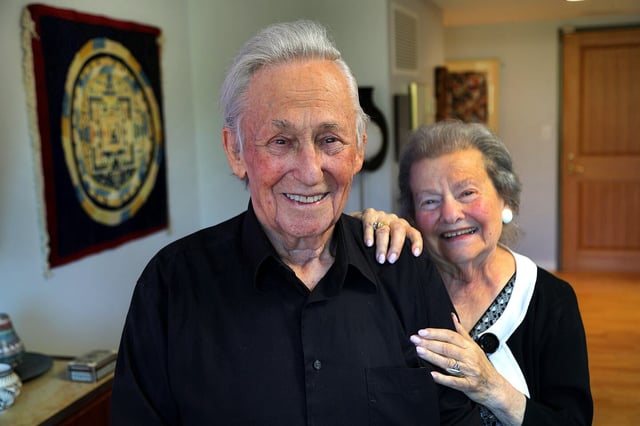Overview
- FaceAge, developed by Mass General Brigham researchers, estimates biological age from facial photographs, offering a non-invasive biomarker for health assessment.
- The tool was trained on nearly 59,000 photos of healthy adults and validated on over 6,200 cancer patients, revealing an average biological age five years older than chronological age.
- Higher FaceAge scores, particularly above 85, were strongly linked to worse survival outcomes across multiple cancer types, even after accounting for other clinical factors.
- Providing clinicians with FaceAge data significantly improved their accuracy in predicting short-term survival for terminal cancer patients, enhancing treatment planning.
- Ongoing research is addressing demographic biases, real-world clinical integration, and potential applications beyond oncology, such as chronic disease management.



